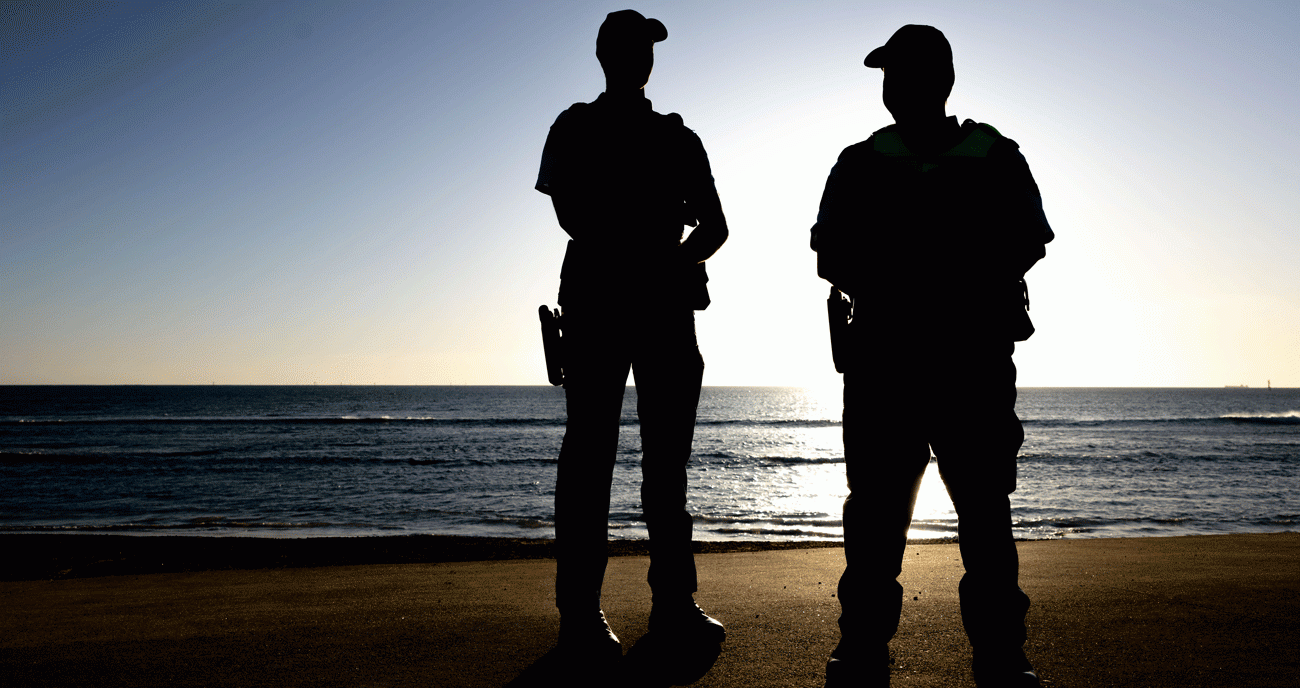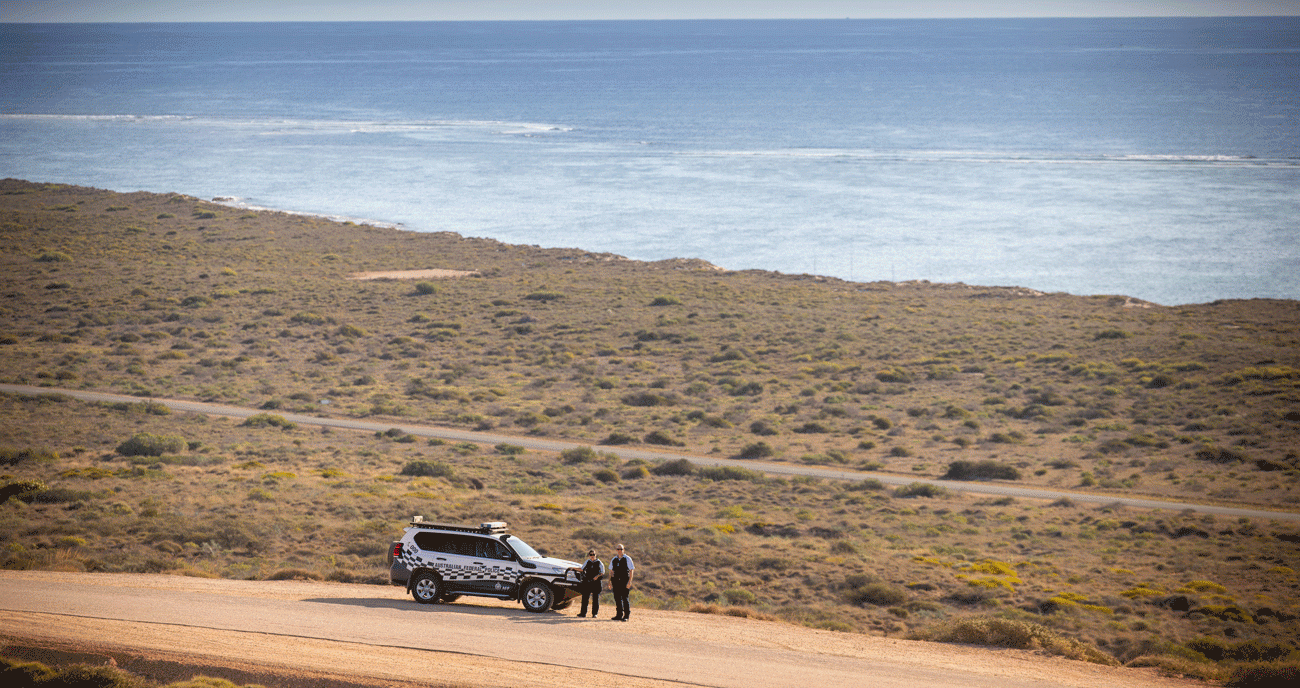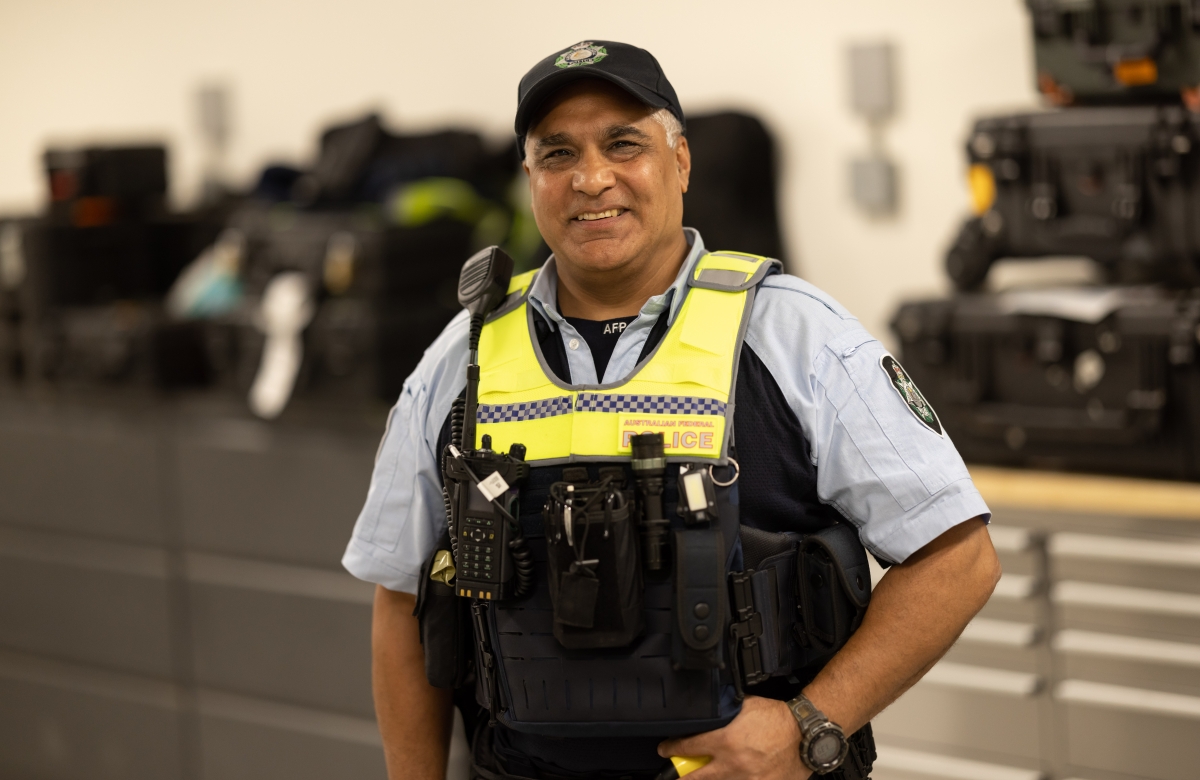Join us as a protective service officer
Play a critical role in protecting important Australian places and the diplomatic community.
As a protective service officer (PSO), you'll provide:
- highly visible security at places like Parliament House in Canberra and Defence sites
- protective security to the diplomatic community.
And you'll keep people and places safe from terrorism, violent protest and other events motivated by violence.
What you'll do
As a PSO, you'll be a first responder to any criminal and national security threats. You'll use specialist capabilities and data to keep people and places safe.
Your day-to-day work will be challenging and varied. Along with other tasks, you'll:
- perform high-visibility patrols, by vehicle, foot or bike
- provide static protection services
- act as first responders in matters of national security
- collate, retrieve and report on data for operational purposes.
Our PSOs find themselves working in a variety of places. These might include:
- Defence establishments
- parliamentary sites and designated official establishments
- places with important safety and security requirements, like the Australian Nuclear Science and Technology Organisation or the Christmas Island Immigration Detention Centre.
You might also work in remote Australian locations, or travel overseas providing personal protection to our politicians or diplomats.
Upon graduation from the College, PSOs will receive $72,690 (inclusive of a base salary and 22% composite) plus overtime and penalties. PSOs also receive 15.4% superannuation, including during all periods of maternity leave.
To learn more about life in the AFP, and get to know our people, read our people's stories.





